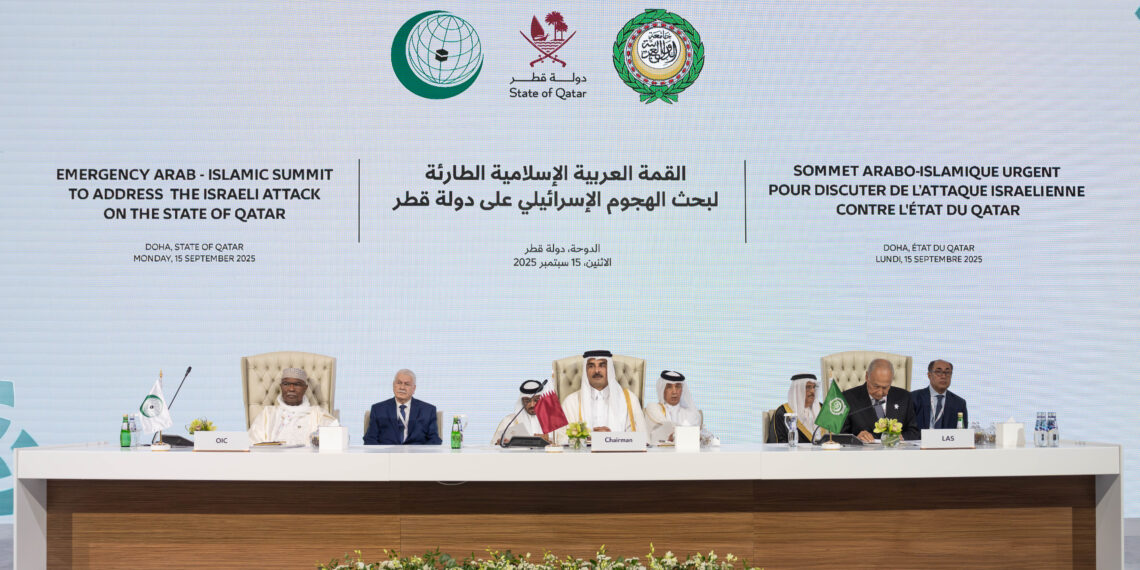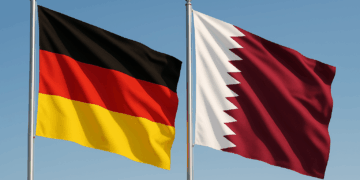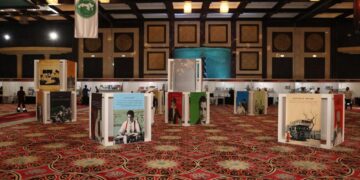In a strategic initiative to diversify the economy and attract foreign investments, Algeria is preparing a new law that would raise the foreign ownership cap in the mining sector from the current 49 percent to 80 percent. This significant change reflects the government’s ambition to revitalize this important economic sector. The draft law is scheduled to be presented for a vote in the Algerian parliament in mid-June.
The measure aims to accelerate the development of mining projects and better exploit the country’s vast mineral resources—including phosphates, iron ore, and lithium—while increasing their value addition. Belkacem Sultani, CEO of the national mining company Sonaram, stated that the government is pursuing a comprehensive strategy to transform mining products into high-value industrial goods, thereby achieving a qualitative leap in the national economy.
The new law will replace the previous regulation from 2014, which limited foreign investors to a maximum 49 percent stake while guaranteeing majority ownership to the state. The planned amendments, which also include simplifying licensing procedures and introducing combined exploration and exploitation licenses, are intended to open greater investment opportunities for foreign companies in Algeria’s mining sector.
Although Algeria has rich natural gas reserves—accounting for about three-quarters of its exports and half of state revenues—the mining sector has remained relatively underdeveloped compared to neighboring countries like Morocco and Mali, which are among the region’s largest exporters of phosphates and gold. Algeria now seeks to change this by tapping into its extensive mineral reserves, especially in light of ongoing energy market fluctuations that impact state revenues.
This realignment is part of a package of strategic projects, including a \$1.5 billion investment to develop the Belad Habeh and Djebel Ank areas, which together hold estimated resources of about 4.7 billion tons. Processing will take place in the Oued El Kebrit region, with at least \$4 billion allocated for expanding the necessary infrastructure.
Sonaram has already formed significant partnerships with international companies such as China’s Sinosteel and Turkey’s Tosyali Holding to extract around 7 billion tons of iron ore from the Gara Djebilet and Mechri Abdelaziz deposits. The iron processing plant jointly established with Tosyali has a capacity of 4 million tons.
In the lead and zinc sector, the Australian company Terramin holds a 49 percent stake in the mining project at Aïn Zeïtoune, which contains 58 million tons of these metals. Algeria also plans to launch a tender for the extraction of approximately 58 tons of gold from the Tirek-Amesmessa and Zita deposits, further strengthening the diversification of its mineral resource base.
Noteworthy are also recent discoveries of lithium deposits in the southern part of the country, which Sultani described as “promising potential,” although exploitable quantities have not yet been quantified. Together, these efforts highlight Algeria’s determination to reduce its dependence on energy exports and establish mining as a pillar of the national economy—within the framework of a comprehensive vision for sustainable and balanced development.







